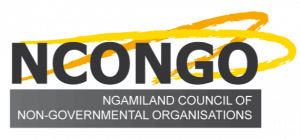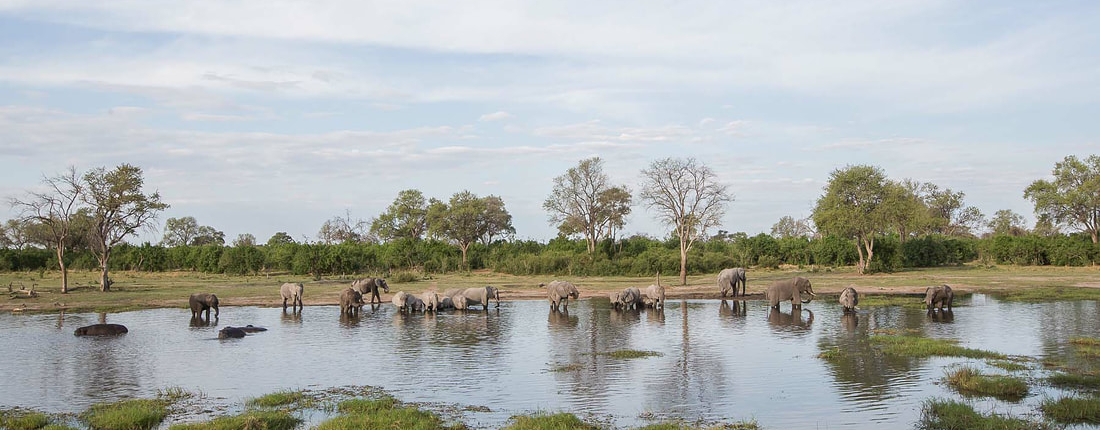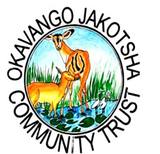This sector exists to build a Ngamiland society that is eco – sensitive, guarantees equitable access to wealth creation opportunities, develop a culture that places premium on the protection of the environment and indigenous knowledge as well as focusing attention of both public and private sector on issues that promotes sustainable use of natural resources in the development process.
Its general purpose is to advise and assist the NCONGO Board in ensuring that NCONGO is aware of, and it is appropriately responding to systematic institutional and societal trends and their impact on the environment.
The role of Conservation and Livelihoods sector is:
- Advocacy and lobbying
- Promote joint design and implementation of projects that identify and address environmental trends, issues and concerns
- Promote environmental mainstreaming across all NCONGO committees
- Build awareness, understanding and commitment to climate change adaptation and mitigation
- Facilitate communication and networking for improved lessons learnt and best practice dissemination
- Strengthen organizational capacity (government, planning and management)
Terms of Reference (TOR)
The detailed Terms of Reference (TOR) for this sector includes amongst others;
- Developing sector advocacy and lobbying strategies
- Resource mobilization for sector activities
- Developing concept notes around cross cutting trends and issues
- Conduct a baseline district survey of knowledge/attitudes about conservation and climate change
- Develop and implement knowledge based and demand driven awareness campaigns on conservation and climate change issues
- Identify cultures and indigenous knowledge for preservation
Donation Account
Ngamiland Council of Non-Governmental Organisations























Follow Us on: